May 12, 2022
Flexible working now arriving at aisle three
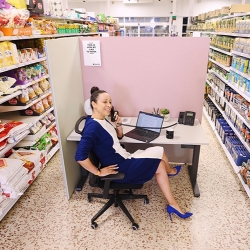 Remote workers might soon be able to do their jobs and shop for groceries at the same time, under a new “Spaces” project between Tesco and flexible office operator IWG. A trial at a branch of Tesco in New Malden that will start later in this month and will accommodate 12 private desks, 30 co-working spaces and a meeting room. The 3,800 sq ft space within the store would normally have been used for electrical goods, music, and other forms of entertainment, most of which are now mainly purchased online. The aim is to make better use of floor space and, if successful, Tesco stores across the country could become flexible working hubs. More →
Remote workers might soon be able to do their jobs and shop for groceries at the same time, under a new “Spaces” project between Tesco and flexible office operator IWG. A trial at a branch of Tesco in New Malden that will start later in this month and will accommodate 12 private desks, 30 co-working spaces and a meeting room. The 3,800 sq ft space within the store would normally have been used for electrical goods, music, and other forms of entertainment, most of which are now mainly purchased online. The aim is to make better use of floor space and, if successful, Tesco stores across the country could become flexible working hubs. More →





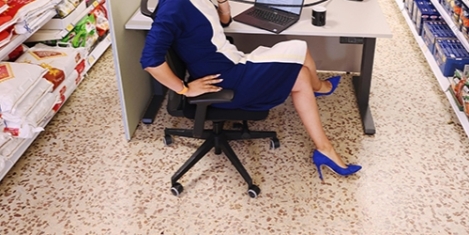






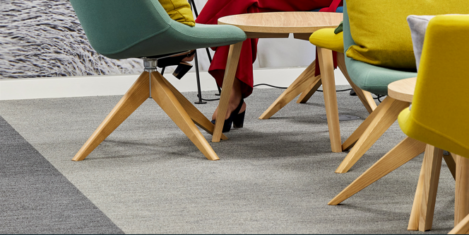
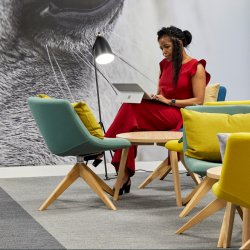


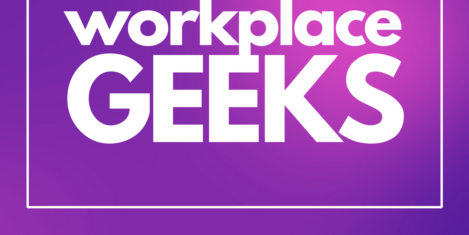
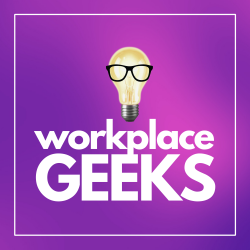 The Workplace Geeks are out and about for their very first LIVE episode, recorded at The Workplace Event, Birmingham NEC, UK in April 2022. For this special show they’re joined by Dan Pilling, workplace strategy consultant at TSK Group. Their discussion explores the scope and value of practical workplace research pre and post pandemic, with some great questions from the audience (thanks to Brock James from iOtSpace, Stuart Watts from the GPA, and Steve Henigan from HCG).
The Workplace Geeks are out and about for their very first LIVE episode, recorded at The Workplace Event, Birmingham NEC, UK in April 2022. For this special show they’re joined by Dan Pilling, workplace strategy consultant at TSK Group. Their discussion explores the scope and value of practical workplace research pre and post pandemic, with some great questions from the audience (thanks to Brock James from iOtSpace, Stuart Watts from the GPA, and Steve Henigan from HCG). 



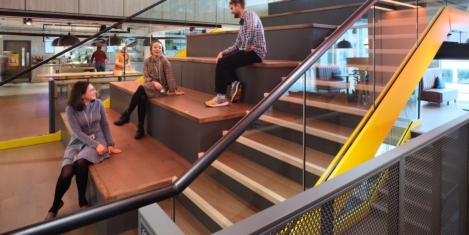
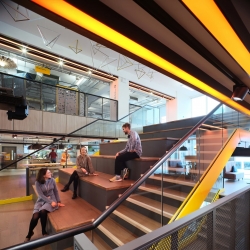 Six workplaces across the North of England and Northern Ireland have been recognised at the annual British Council for Offices (BCO) Regional Awards today. The Northern BCO Awards dinner returned in-person to the Kimpton Clocktower in Manchester, recognising the North’s highest quality developments and setting the standard for excellence in the office sector across the UK.
Six workplaces across the North of England and Northern Ireland have been recognised at the annual British Council for Offices (BCO) Regional Awards today. The Northern BCO Awards dinner returned in-person to the Kimpton Clocktower in Manchester, recognising the North’s highest quality developments and setting the standard for excellence in the office sector across the UK. 











May 12, 2022
From commuting to computers, finding balance in the hybrid workplace
by Anni Hallila • Comment, Flexible working, Wellbeing